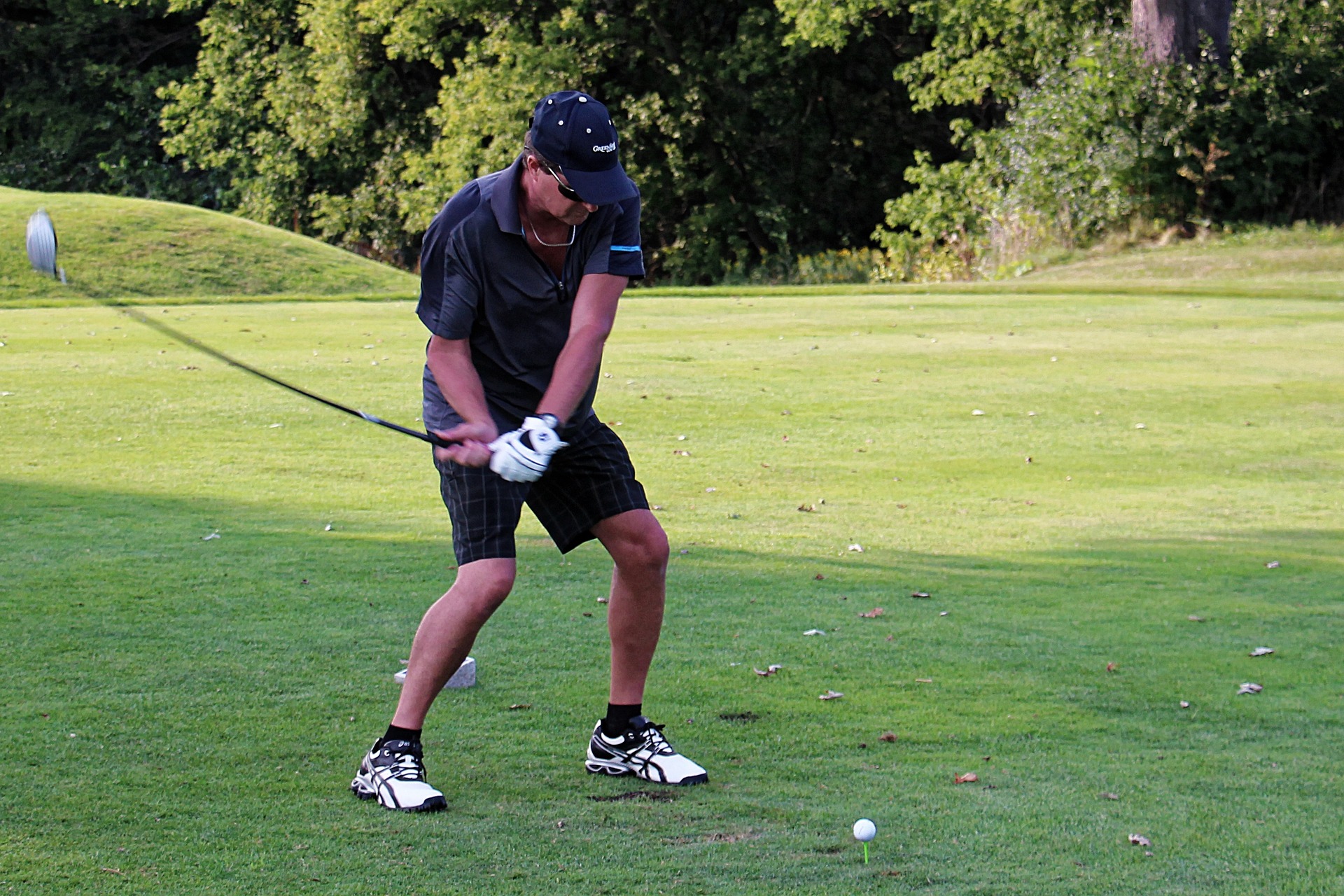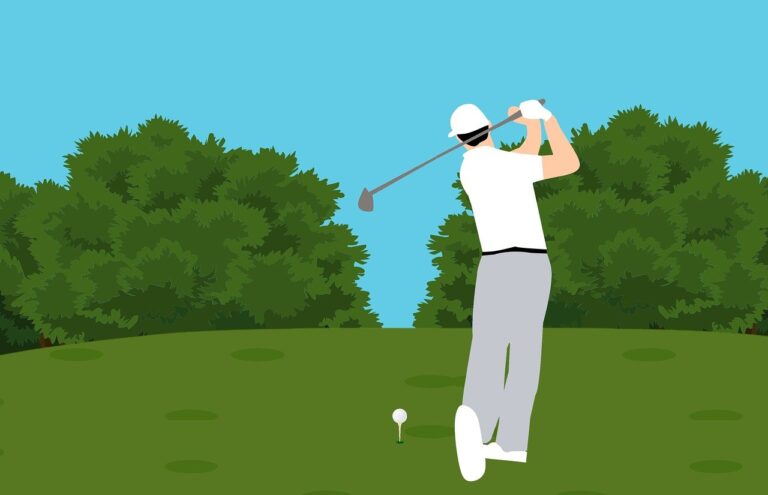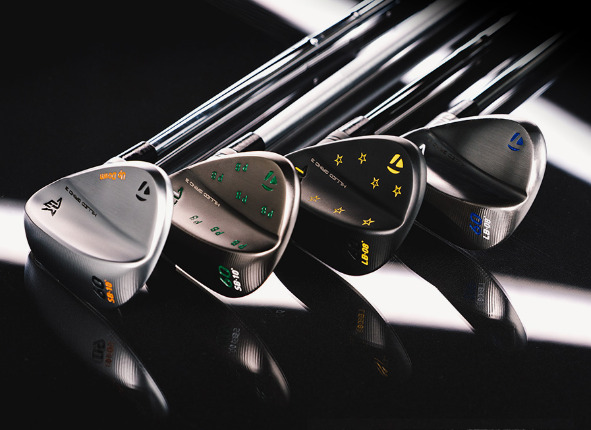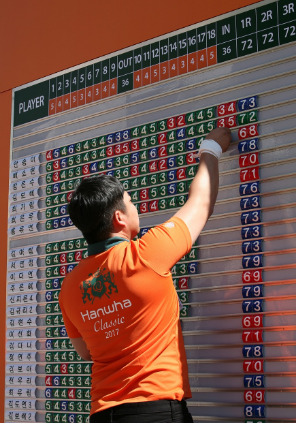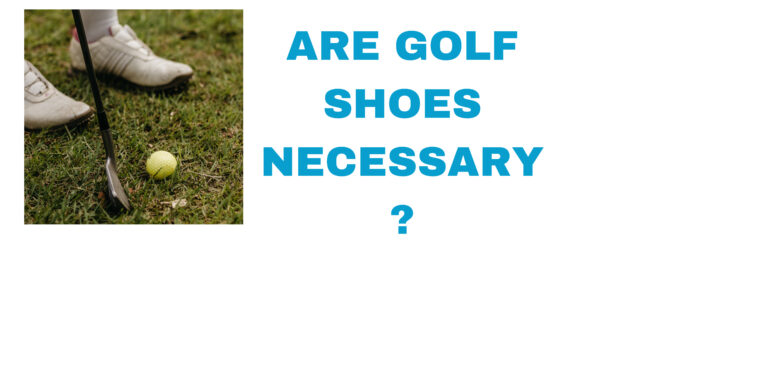What is a slow swing speed in golf
Golf is a sport that requires a combination of skill, precision, and power. One of the most important factors that determine a golfer’s performance is their swing speed. Swing speed is the speed at which a golfer swings their club to hit the ball.
A slow swing speed can significantly impact a golfer’s game, as it can limit the distance and accuracy of their shots.
What is a slow swing speed in golf?
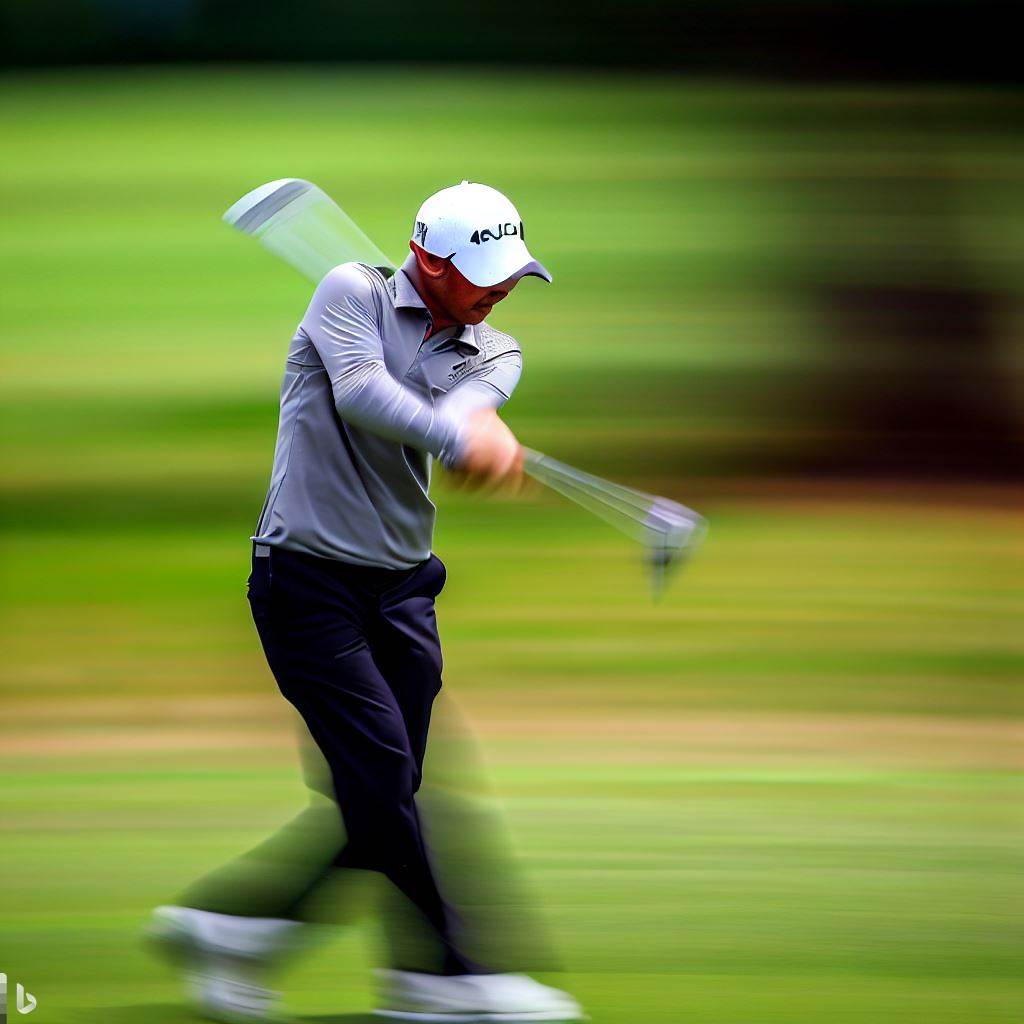
A slow swing speed is generally defined as a swing speed that is below 90 miles per hour. This is the speed at which most professional golfers swing their clubs.
However, swing speed can vary depending on a golfer’s age, gender, and physical condition. Women and older golfers tend to have slower swing speeds than younger, male golfers.
It is important for golfers to understand their swing speed, as it can help them choose the right clubs and develop a strategy that works best for their game.
Understanding Swing Speed
What is Swing Speed?
Swing speed is the velocity at which a golfer’s clubhead is moving as it strikes the ball. It is usually measured in miles per hour (mph) or kilometers per hour (km/h). The faster the clubhead speed, the farther the ball will travel, given a solid strike.
Factors Affecting Swing Speed
Several factors can affect a golfer’s swing speed, including:
- Age: Generally, younger golfers tend to have faster swing speeds than older ones.
- Physical fitness: Golfers who are more physically fit tend to have faster swing speeds than those who are not.
- Technique: Proper technique can help a golfer generate more clubhead speed. For example, a golfer who uses their body to generate power will typically have a faster swing speed than one who relies solely on their arms.
- Equipment: The type of club and shaft a golfer uses can also affect their swing speed. A lighter club and shaft can help a golfer generate more speed, but it’s important to find the right balance between speed and control.
It’s important to note that there is no one “ideal” swing speed for all golfers. A golfer’s swing speed should be tailored to their individual abilities and goals.
The Importance of Swing Speed.

Golf is a sport that requires a combination of skills, including technique, precision, and power. Swing speed is an essential component of golf that can impact a player’s performance. In this section, we will discuss why swing speed matters and its impact on distance and accuracy.
Why Swing Speed Matters.
Swing speed refers to the speed at which a golfer swings the clubhead. It is a critical factor that determines the distance and accuracy of the shot. A golfer with a slower swing speed will not hit the ball as far as someone with a faster swing speed.
The clubhead’s speed at impact is the primary factor that determines the ball’s distance, and the faster the clubhead speed, the farther the ball will travel.
Swing speed is also essential for accuracy. A golfer with a slower swing speed may not be able to hit the ball as straight as someone with a faster swing speed.
A slower swing speed can cause the clubhead to twist, leading to a hook or slice. A faster swing speed can help a golfer hit the ball straighter and more consistently.
Impact on Distance
Swing speed has a direct impact on the distance a golfer can hit the ball. According to golf experts, every 1 mph increase in swing speed can lead to a 2.5-yard increase in distance.
This means that a golfer with a swing speed of 100 mph can hit the ball 250 yards, while someone with a swing speed of 90 mph can only hit the ball 225 yards.
Impact on Accuracy.
Swing speed also affects the accuracy of the shot. A golfer with a slower swing speed may not be able to hit the ball as straight as someone with a faster swing speed.
A slower swing speed can cause the clubhead to twist, leading to a hook or slice. A faster swing speed can help a golfer hit the ball straighter and more consistently.
What is considered a slow swing speed in golf?

A slow swing speed in golf is typically considered to be below 85 mph. For men, an average golf swing speed is typically around 85-90 mph. Therefore, anything significantly below this, let’s say 75 mph and under, could be considered a slow swing speed.
For women, an average swing speed is typically around 65-70 mph, so anything under 60 mph could be considered slow swing speed. Typically, golfers with slower swing speeds are beginners, seniors, and lady golfers.
Slow-speed golfers should consider clubs and balls suitable for their skill level to help them improve fasters.
Conclusion.
In conclusion, swing speed is a critical factor that can impact a golfer’s performance. A faster swing speed can lead to longer and straighter shots, while a slower swing speed can result in shorter and less accurate shots. Golfers should focus on improving their swing speed to enhance their overall game.

